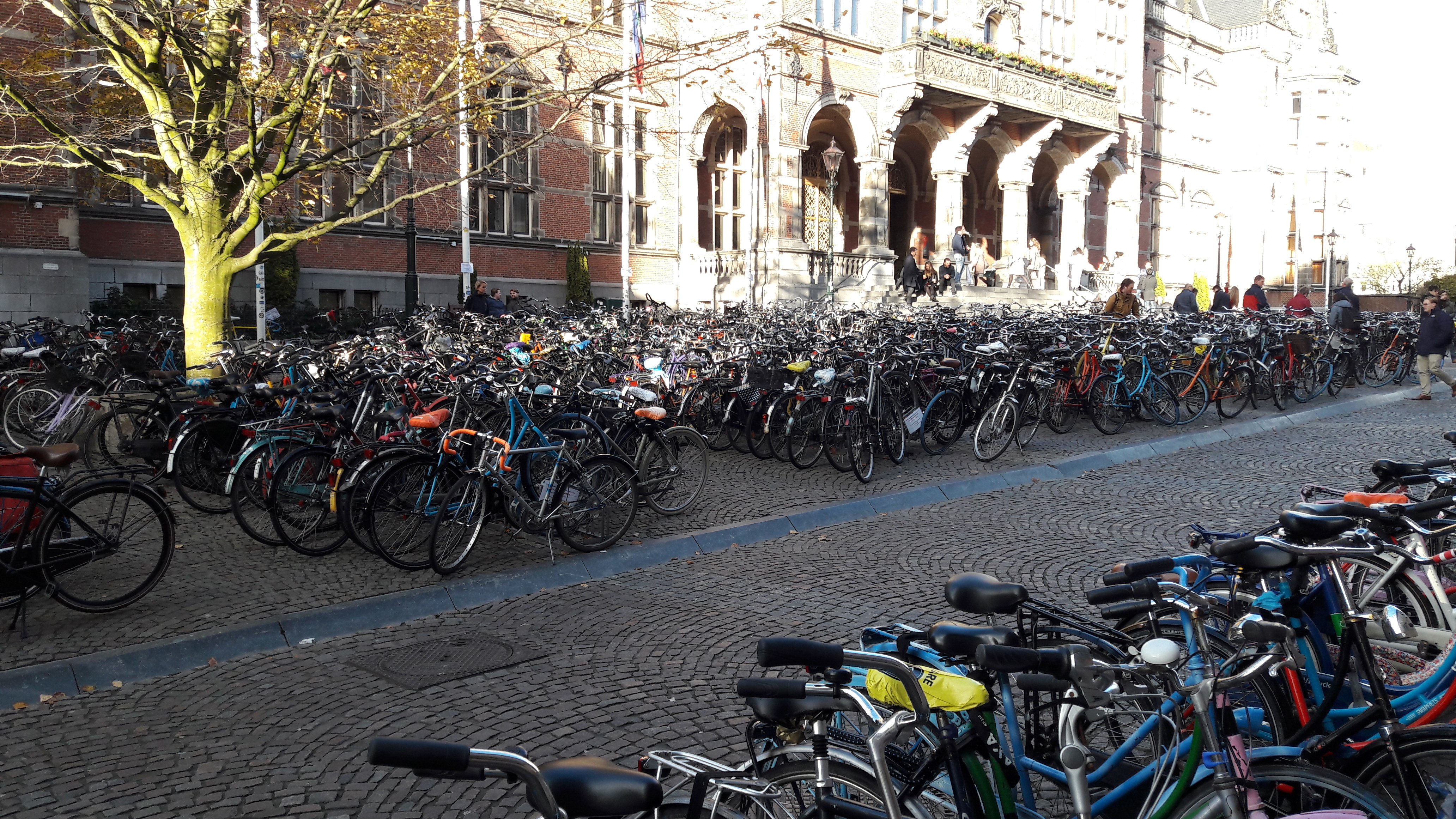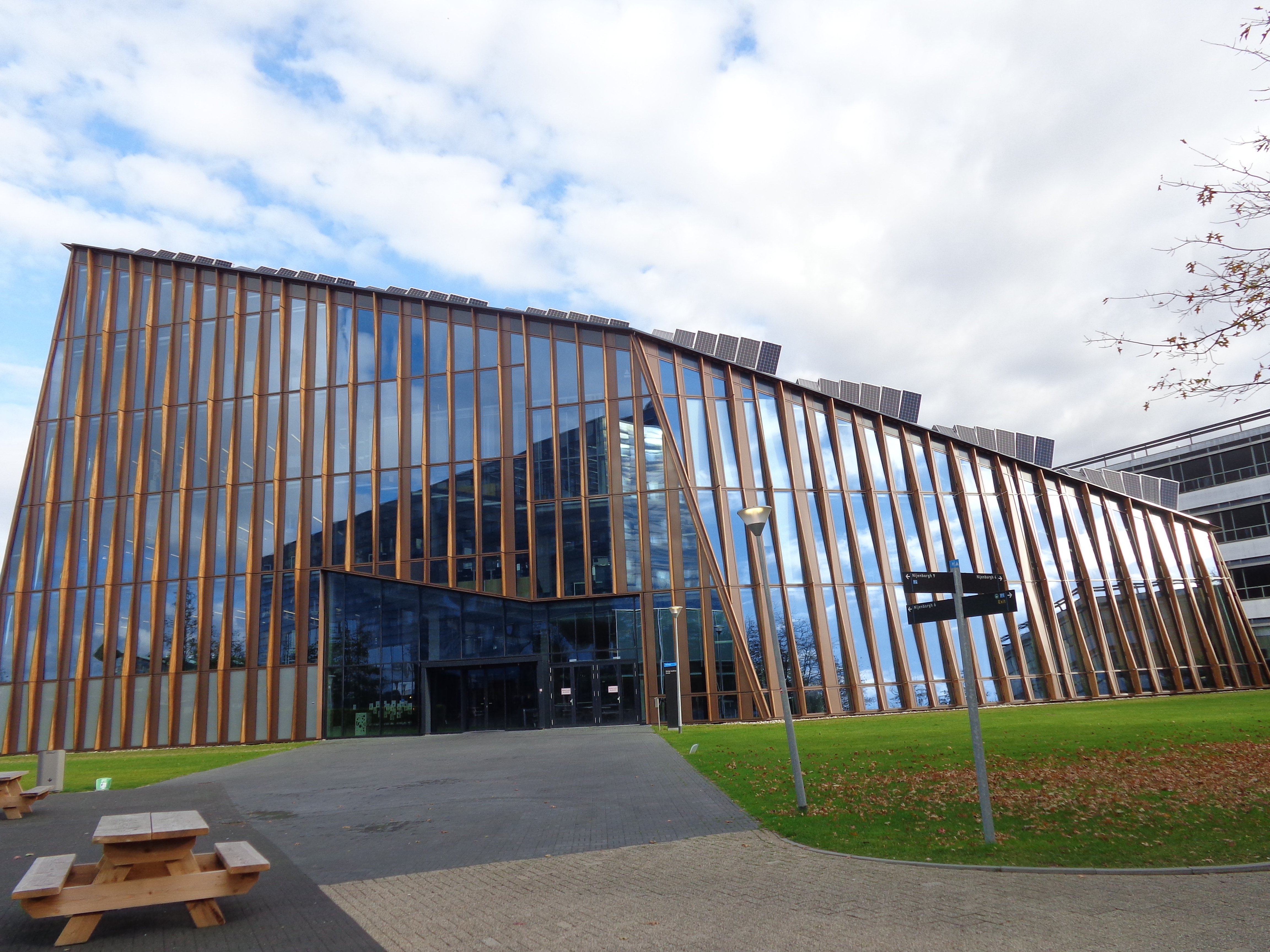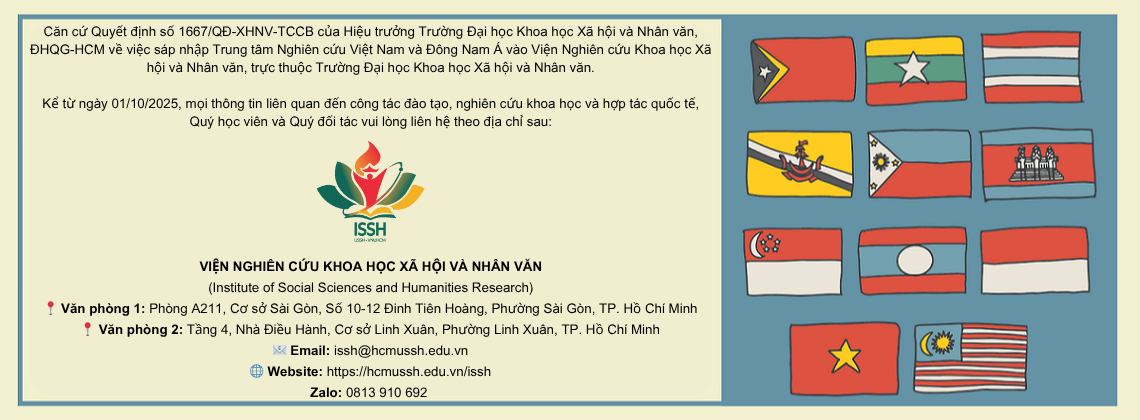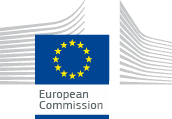SUSTAINABLE DEVELOPMENT – WHAT SHOULD WE LEARN FROM FUKUZAWA
, 03/01/2019 13:01Early this November, I went on a short business trip to Europe. I was invited to participate in a conference on sustainable development in Southeast Asian at Belgium and then had a talk session with two universities in Italia and Netherlands. This whole trip has shown me a broader picture of green activities in this region.
Belgium – Pioneer in Sustainable development
Green Hotel
In Belgium, I stayed at Thon Hotel Brussels City Centre run by a 92-year-old Norwegian man who used to be a farmer. He had a heart of nature; he proposed many green and friendly standards for the hotel’s activities. Breakfast was served with local products: orange, carrot, tomato, apple juice; all were made from fresh fruits instead of industrial products. These fresh fruits and other vegetables were grown in a small greenhouse right in the lobby to promote its quality and the hotel’s image. Here, they produced their own raw ingredients for their restaurant. This model was followed by nearly 70 hotels, creating somewhat a network throughout Europe.
Green traffic development
Environment protection awareness is prominent within young generation, evident in the fact that they choose to ride bicycle to limit air pollution. Coming to Belgium, I realized just how much favour and care were paid to bicycle riders. Bicycle lane was separately built parallel with the car lane. Government offices were constructed near stations to limit the car flow. Official employees were supported with train and metro ticket. Especially in Brussels, all means of transportation were prohibited to travel to the city centre twice a year to host many entertainment events for children.
Green Party supported by people
On this occasion, I also paid a visit to Prof. Firouzeh Nahavandi – Chairman of the Institute of Sociology at Université libre de Bruxelles. She has visited Hanoi University of Agriculture many times during which she shared her thoughts on the influences of the Green Party and how it gained trust among people, leading to its increase in government seats.
Towards a green nation
In residential areas, government placed many types of basket bin in order for people to sort garbage, making it convenient for recycling at the factory. In offices, document was printed on recyclable paper that cost more than usual paper. Green activities were adopted on many levels in Belgium from macro scale to tiny things and actions in daily lives.
Italia – Becoming sustainable through technology innovation
When I came to the Università degli studi di Genova at Italia, I met with Ms. Michela Parodi, an expert from the Office of International Cooperation. She shared with me some of her thoughts on the impact of climate change on living environment of local people in Italy. Raging tornadoes knocked down many precious trees whose wood is the main material for crafting the famous violin of Genova people. Beautiful beaches were destroyed by ferocious tidal waves, leaving bubbles of regrets in people’s heart.
Given many environmental challenges, universities have paid more attention to developing disciplines related to green energy. For instance, water purifying subject has become one of many school’s strengths and engineers working in this field have earned lots of respect in society. Prof. Daniele D. Caviglia, Faculty of Biophysics and Electric Engineering, introduced to me a building model which was run by solar energy with solar panels installed on the rooftop. He stated that Italy is one of the top countries in producing solar electricity in the world. He also said that the faculty has attracted students from many countries like Malaysia, India, and Thailand, etc. Besides, the school also developed the “GREENMA” programme and cooperated with Russian universities specializing in technology innovation for energy saving and environment management.
Faith in sustainability
After the conference in Belgium, I went to Netherlands to the invitation of Prof. Dr. Ronald Holzhacker, Director of Research Centre for Southeast Asia and ASEAN, University of Groningen. Once again, I listened to stories revolving around the sustainable development of this country as I and he boarded the train from Brussels to Groningen. When he took me to the hotel near the university, he told me that he had to rush home to wash his clothes in order for it to dry quicker. He said that among eight persons he knew at university, only one person, a Singapore professor, uses the dryer.
“Saving a little electricity will make the environment a little better” he told me.
Two hours later, he came back on his bicycle with his raincoat then walked together with me to a dinner store. During the meal, he talked about how a sustainable lifestyle should originate from person’s interests in order for it to spread to other people. He told me his own story when he decided to quit his job as a lawyer in Chicago after a visit to German, right after the destruction of the Berlin Wall, to pursue a researcher position in the field of sustainable development to foster linkage between Europe and Southeast Asia, in University of Groningen. That decision surprised and perplexed his family. Moreover, when his brother from American visited him, he was quite shocked to know that Ronald did not have a car to go to work and a dryer to dry his own clothes.
He was very excited to tell me about the changes in an Indonesia student’s perspective when studying here. At first, she intended to buy herself a motorbike for convenient purposes. However, he advised her to reconsider since everyone respects the environment that they choose to ride bicycle to protect it and those who use motorbike will be considered bad-mannered because motorbike is noisy and pollution-prone. After that, she decided to buy a bicycle. Although I was not a direct witness, but I thought it was not hard to picture a Netherlands society of people with high awareness of environment protection. After our conversation, he showed me around the newly-constructed building run by solar energy which is also a pride of the university.

Parking lot in University of Groningen

A building run by solar energy
What we should learn from Fukuzawa Yukichi
During an exchange session with Prof. Oscar Couwenber from University of Groningen, he analyzed the model of the four Asian Dragons and Japan to understand what was good and bad for the sustainable development of Vietnam. Particularly, he stressed the considerable contribution of idealist Fukuzawa Yukichi during the period of Meiji Renovation at Japan: Fukuzawa promoted innovative practices of Europe to develop Japan’s society and placed utmost emphasis on raising people’s education standard. He encouraged everyone to read Fukuzawa’s books to have a better understanding of his ideas and learn from that what will benefit one’s country. The professor also praised the independent spirit and strong determination of the Samurai class that contributed to the prosperity of Japan.
However, he reiterated that sustainable development requires long term determination and effort of all people from all generations. Netherlands will never be the Netherlands of today without the continuous joint effort of cultivation and preservation of the environment, along with the solidarity among people to construct a fair and just system with over 400 years of humane values. This institution strengthens trust between government, business, and people, creating incentives for success. He hoped that Vietnam will learn from those experience lessons of Netherlands as well as Japan to bring about happiness and prosperity for all the people during its sustainable development process.
Tran Dinh Lam
*** The Vietnamese version of this article is published on The Saigon Times which can be found here.














